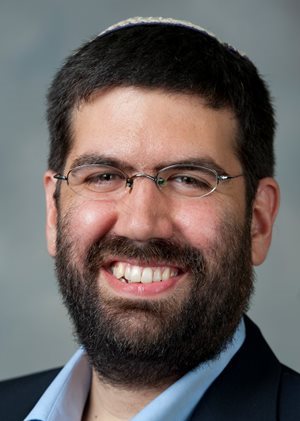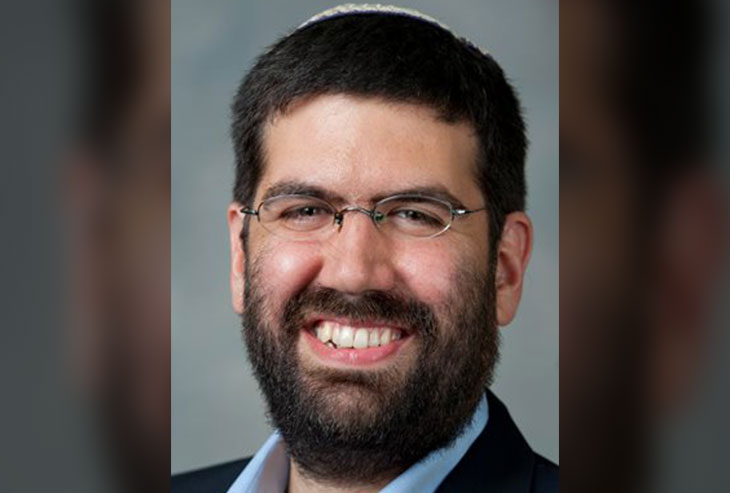This opinion column by Professor Geoffrey Claussen published by the Greensboro News & Record and the Winston-Salem Journal highlights the toll that the Israel-Hamas war has taken on children on both sides.
By Geoffrey Claussen
It is extremely difficult to justify the killing of children.

But amid the ongoing war in Israel/Palestine, there are those seeking to defend Hamas or the Israel Defense Forces who are determined to try.
Some defend Hamas’s heinous Oct. 7 attacks on Israel, which killed at least 35 children along with hundreds of other civilians, as justified resistance against Israeli aggression and control of the land. Defenders of these attacks proclaim that Palestinians have a right to resist “by any means necessary.” They may weep for Palestinian children, but they have few tears to spare for Israeli children.
Some make similar claims as they defend the ongoing Israeli attacks on Gaza, arguing that Hamas must be eradicated “by any means necessary,” even if thousands of children must be killed to achieve that goal. They may weep for Israeli children, but they have few tears for Palestinian children.
So far, at least 7,000 Palestinian children have been killed by the Israeli military, along with many thousands of other civilians. After the brief ceasefire of recent days, both Israel and Hamas have resolved to continue the war, even though it will cause many more civilian deaths.
As a rabbi, Jewish ethicist, father and human being, I am horrified by the continuation of attacks killing innocent children. While I understand responding to heinous crimes by attacking those who perpetrated them, I believe that all children deserve to live and thrive, whether they are Israeli or Palestinian. In the Jewish communities in which I travel, this view is widely shared.
But there are some who think that Israel’s mass killing of innocent Palestinians is permissible insofar as it is not directly intended. Israel is not directly targeting children, they argue, and full responsibility for the killing should be assigned to Palestinians who place military infrastructure in proximity to civilians.
This abhorrent practice does make it exceptionally difficult for Israel to destroy that infrastructure. Its military and political leaders continue to have the choice, however, to refrain from dropping bombs when there is even a chance that civilians will be killed. Saying that “we didn’t mean to” thousands of times over rings hollow.
Those who defend these military operations would surely oppose attacks that targeted terrorists if their own families were in proximity and would be killed. If Israeli children were routinely killed in Israeli military operations against Hamas, they would be outraged. But they feel differently when the children are Palestinian.
Many Jews reject this position. We strive to follow the golden rule that, according to the ancient sage Hillel, encapsulates the Torah: “That which is hateful to you, do not do to another.” If we would not support well-intentioned airstrikes in which our own families would be “collateral damage,” we cannot support airstrikes that kill other people’s families.
Unintentional killings are not morally equivalent to the intentional murders carried out by Hamas, but Israel’s responsibility to defend its citizens does not give it the right to kill Palestinian children. The Israeli government must take a different approach.
As Rabbi Abraham Joshua Heschel reminded us during the Vietnam War, “The blood of the innocent cries forever.” The blood of innocent Israeli children and the blood of innocent Palestinian children demands our attention, our tears and our refusal to justify their deaths.
It is hardly any easier to justify the killing of innocent civilians over the age of eighteen. But many people who close their ears to the cries of other civilians are still able to respond to the cries of children. All of us concerned about the course of this war would do well to amplify their cries.
—
Views expressed in this column are the author’s own and not necessarily those of Elon University.



